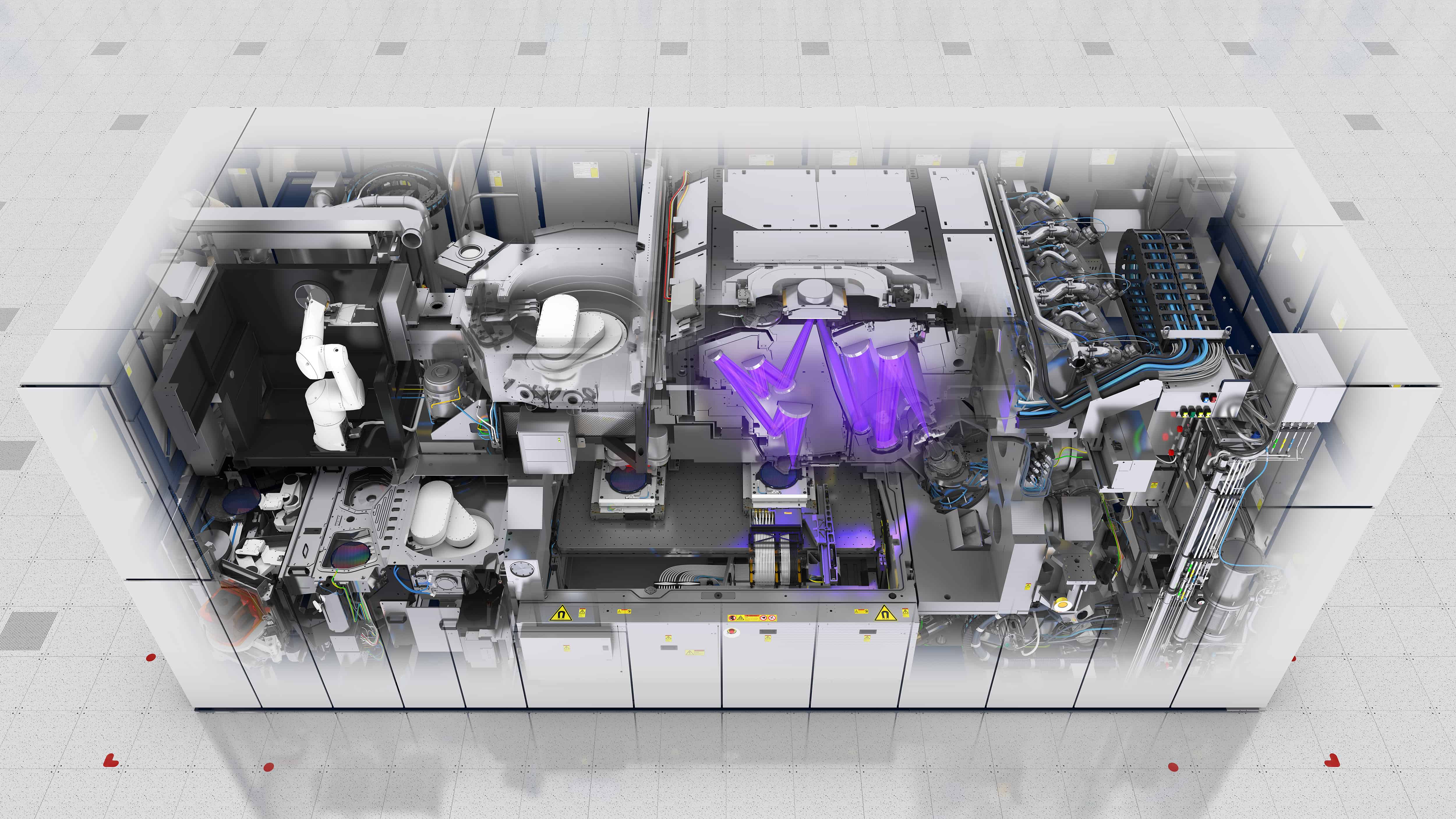
When 98% of the raw materials you need for permanent magnets – used, for example, in wind turbines – comes from a single country (China), everyone understands that this dependency is problematic. The European Critical Raw Materials Act is proposed to end this situation. President Ursula von der Leyen expects the Act will bring Europe closer to its climate ambitions. “It will significantly improve the refining, processing and recycling of critical raw materials here in Europe.”
Last week, the European Commission proposed this set of actions to ensure the EU’s access to “a secure, diversified, affordable and sustainable supply of critical raw materials”. Critical raw materials are indispensable for a wide set of strategic sectors including the net zero industry, the digital industry, aerospace, and defence sectors.
While demand for critical raw materials is projected to increase drastically, Europe heavily relies on imports, often from quasi-monopolistic third country suppliers. The EU needs to mitigate the risks for supply chains related to such strategic dependencies to enhance its economic resilience, as highlighted by shortages in the aftermath of the Covid-19 and the energy crisis following Russia’s invasion of Ukraine. This can put at risk the EU’s efforts to meet its climate and digital objectives.
Together with the reform of the electricity market design and the Net Zero Industry Act, the measures on critical raw materials aim to create a conducive regulatory environment for the net-zero industries and the competitiveness of European industry, as announced in the Green Deal Industrial Plan.

The Regulation sets clear benchmarks for domestic capacities along the strategic raw material supply chain and to diversify EU supply by 2030:
- At least 10% of the EU’s annual consumption for extraction,
- At least 40% of the EU’s annual consumption for processing,
- At least 15% of the EU’s annual consumption for recycling,
- Not more than 65% of the Union’s annual consumption of each strategic raw material at any relevant stage of processing from a single third country.
The Act is not aimed at abolishing imports altogether, says Commissioner Margrethe Vestager. “Imports are and will remain essential: we are intensifying our efforts at international level.” A global ‘Critical Raw Materials Club’ will be formed to help reach the goals, adds Commissioner Valdis Dombrovskis. “We will scale and speed up our own capacities, and build stronger global relationships based on trust, openness and mutual gain. Our recently concluded trade agreements with Chile, and the future agreements with Australia or Indonesia will help support sustainable and resilient supply chains.”

As part of the program, the Commission wants to stimulate innovation and protect the environment. “Improved security and affordability of critical raw materials supplies must go hand in hand with increased efforts to mitigate any adverse impacts, both within the EU and in third countries with respect to labour rights, human rights and environmental protection.” Member States will need to adopt and implement national measures to improve the collection of critical raw materials rich waste and ensure its recycling into secondary critical raw materials.








